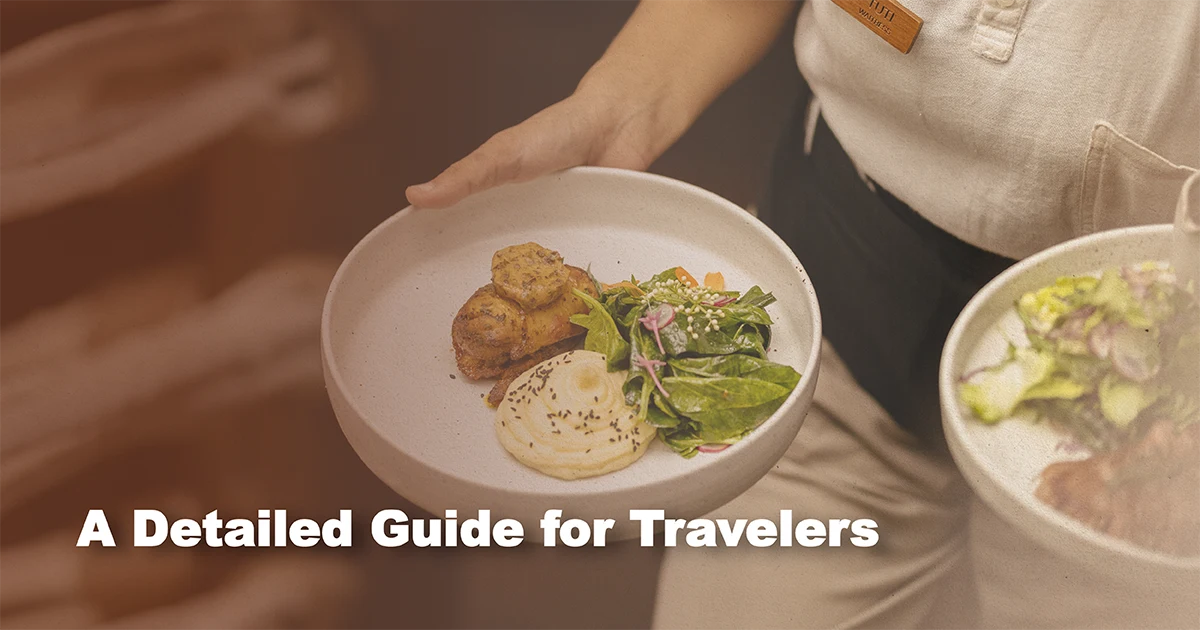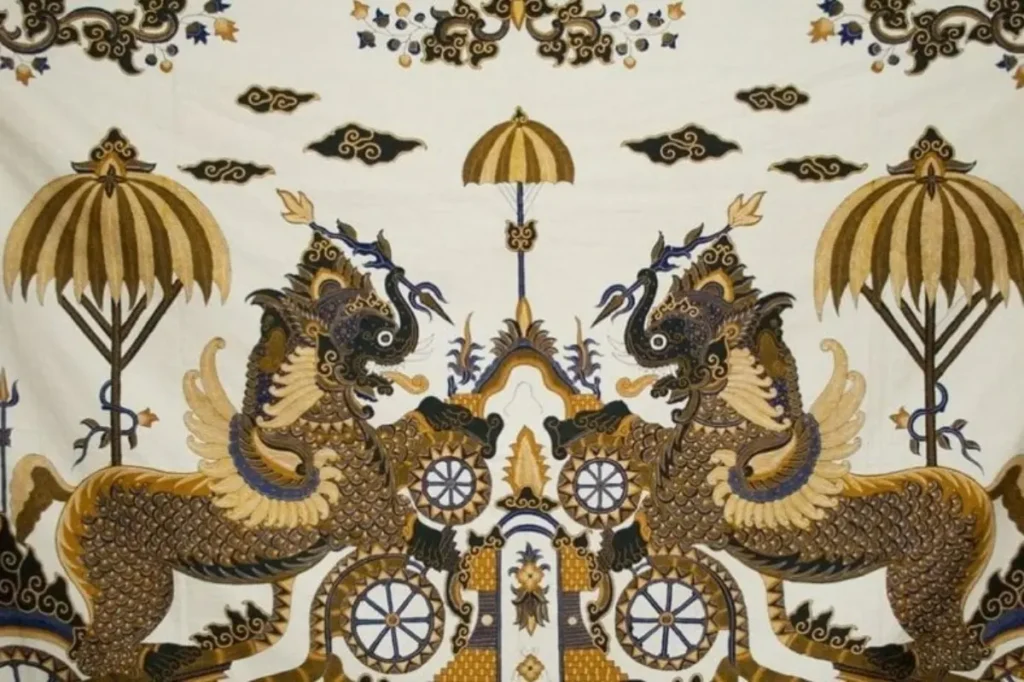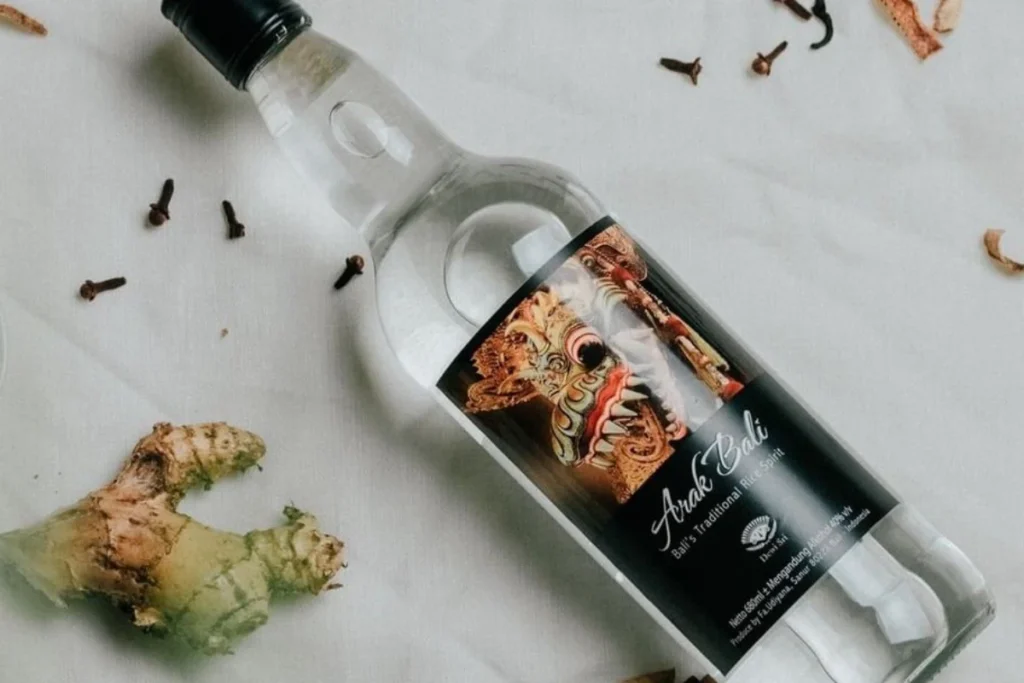Overview: Best Things to Buy in Bali
- Cultural Treasures: Explore Ubud’s art markets for hand-carved statues, traditional paintings, and handmade ceramics.
- Textiles & Fashion: Discover Bali’s famous batik and endek fabrics, vibrant sarongs, and locally designed sustainable clothing.
- Jewelry & Accessories: Visit Celuk Village for exquisite Balinese silver jewelry, or pick up iconic ata rattan bags from Ubud and Seminyak.
- Home & Decor: From teakwood furniture to woven lamps and cushions, Bali’s artisan markets are a paradise for interior lovers.
- Wellness & Beauty: Stock up on natural oils, handmade soaps, and herbal skincare from brands like Sensatia Botanicals and Bali Buda.
- Coffee, Tea & Spices: Bring home authentic Balinese coffee, vanilla, cinnamon, or sambal from Ubud and local plantations.
- Surf & Beachwear: Seminyak and Canggu are filled with surf shops offering trendy, eco-friendly swimwear and accessories.
- Eco-friendly Finds: Support sustainable brands selling bamboo straws, organic cotton wear, and zero-waste essentials.
- Spiritual Souvenirs: Small Buddha and Hindu deity statues from Mas Village make meaningful keepsakes.
- Local Delicacies: Don’t miss Pie Susu Bali, Kacang Bali, or bottled jamu herbal drinks as tasty gifts.
Bali is a vibrant shopping paradise blending art, culture, and craftsmanship. From handmade decor and silver jewelry to natural beauty products and local snacks, the island offers unique treasures that reflect its rich traditions and sustainable spirit. Bargaining in local markets, supporting artisans, and exploring villages like Ubud, Celuk, and Tegallalang will help travelers bring home authentic pieces of Bali’s charm.
1. Balinese Paintings, Handicrafts and Artworks
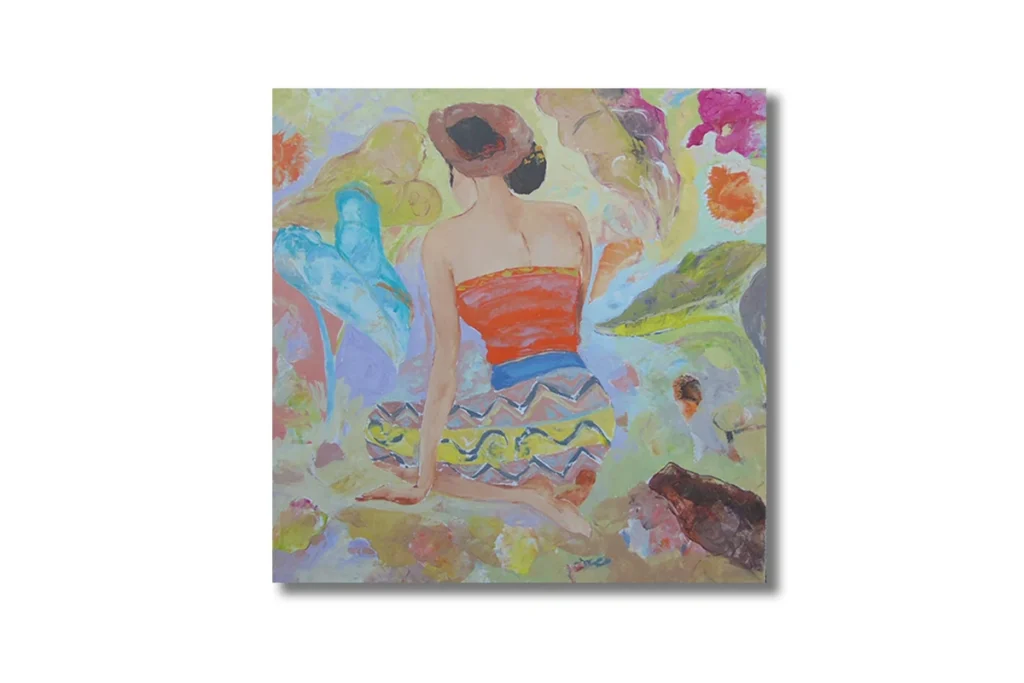
Balinese handicrafts and artworks are among the most sought-after items. The island’s artisans create masterpieces in wood, stone, and other materials. In Ubud, you can discover exquisite wood carvings, from intricate statues to beautiful masks, perfect for your home or garden. Ubud is also known for its vibrant art scene, where local artists showcase paintings inspired by the island’s landscapes and traditions. Ceramics, often handmade and elegantly designed, are also popular for home decor. You can explore these treasures at markets like Ubud Art Market and Sukawati Art Market, or head to Tegallalang Village for more curated pieces.
2. Bali Batik – Traditional Textiles and Fabrics
Bali’s textiles reflect one of the most famous Indonesia’s artistic heritage, making them a must-buy. Traditional batik fabric, characterized by its intricate patterns, is available in the form of scarves, sarongs, and framed art. Another unique fabric is Endek, a handwoven textile with bold geometric designs, specific to Bali. Sarongs, essential for visiting temples and popular as beachwear, come in various vibrant patterns. Shops such as Krisna Oleh-Oleh and Kuta Art Market offer a wide selection of these fabrics, while specialty stores in Ubud feature higher-end pieces.
3. Silver Jewelry
Silver jewelry from Bali is known for its exceptional craftsmanship. Celuk Village, located near Ubud, is the center for silver production. Here, visitors can watch artisans at work and purchase directly from their workshops. The jewelry, often adorned with motifs inspired by nature and Balinese culture, ranges from rings and bracelets to intricate necklaces. Whether for personal use or as gifts, silver jewelry from Celuk makes a timeless souvenir.
4. Home Decor and Furniture
For home decor enthusiasts, Bali offers a range of beautifully crafted items. Woven baskets, rattan lamps, and teakwood furniture are among the most popular products. Handmade cushions and throws in bold patterns bring a bohemian flair to any living space, while teakwood furniture is highly sought after for its durability and charm. Home decor enthusiasts often visit Tegallalang Handicraft Center and Kumbasari Art Market to find unique pieces, while boutique stores like Bali Zen Interiors cater to those seeking premium designs.
5. Natural Beauty Products and Essential Oils
Bali’s wellness culture extends to its beauty products, which are crafted using natural ingredients. Coconut-based oils, body scrubs, and shampoos are widely available and make perfect gifts. Essential oils such as lemongrass, frangipani, and sandalwood are popular for aromatherapy. Handmade herbal soaps and cosmetics, known for their soothing properties, are also worth exploring. Stores like Sensatia Botanicals, Bali Buda, and Kou Bali offer some of the best natural beauty products on the island.
Read more: 1 Week Itinerary Bali, Exploring the Best of Bali in 7 Days
6. Balinese Coffee and Tea
Coffee and tea lovers will appreciate Bali’s locally produced beverages. Kopi Luwak, made from beans digested by civet cats, is famous worldwide for its unique flavor. Other varieties, such as Bali’s own robust coffee blends and spiced teas, make excellent gifts. Many coffee plantations allow visitors to sample their products while learning about the coffee-making process. Popular places to buy these delicacies include Seniman Coffee Studio and Bali Pulina Coffee Plantation.
7. Organic Spices and Balinese Ingredients
Bali is known for its aromatic spices, which are essential in traditional cooking. Popular spices include turmeric, vanilla, cinnamon, and cloves, all of which are available in local markets. Balinese sea salt and sambal (chili paste) are also highly recommended for food enthusiasts. Spices can be purchased at Ubud Traditional Market, Jimbaran Fish Market, and specialty shops around the island.
8. Surf and Beachwear
Given Bali’s status as a surf mecca, it’s no surprise that the island is filled with surf shops and beachwear boutiques. From board shorts and bikinis to rash guards and surfboards, there’s no shortage of stylish items for the beach. Many shops also promote sustainable swimwear made from recycled materials. Drifter Surf Shop, along with Rip Curl and Billabong outlets, offers a wide selection of surf gear and apparel.
9. Eco-friendly Products and Sustainable Fashion
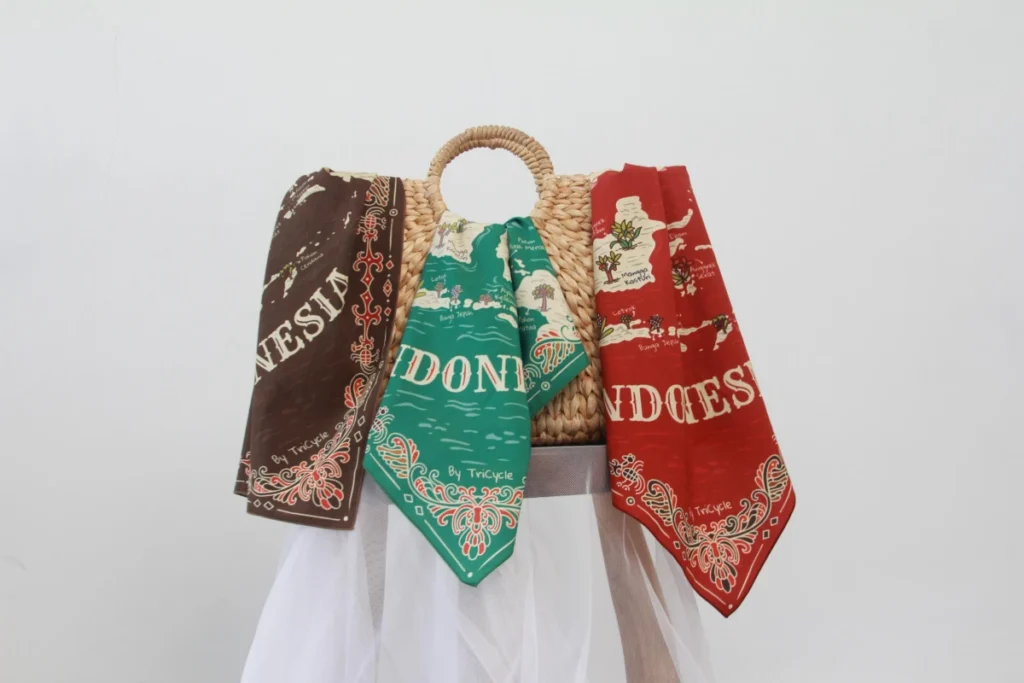
Bali is home to several eco-conscious brands that promote sustainable lifestyles. Bamboo straws, eco-bags, and zero-waste products are widely available and make thoughtful gifts. Additionally, Bali offers several boutiques featuring organic cotton clothing, fashion items and handmade footwear. Stores like Bamboo Blonde and Biasa Bali are popular among travelers looking for ethical fashion and eco-friendly products.
Read also : 7 Ways You Can Be More Eco-Friendly While In Bali
10. Statues and Temple Replicas
Small replicas of Hindu deities, Buddha statues, and miniature pagodas are popular souvenirs in Bali. These items carry spiritual significance and can add a cultural touch to any space. Mas Village is a prominent area for purchasing statues, while the Ubud and Sukawati markets also offer a wide range of temple replicas and figurines.
Read more: Pura Tanah Lot, One of Bali’s Most Iconic Temple
11. Handwoven Bags and Baskets
One of the most iconic souvenirs from Bali is the ata bag, a handwoven rattan bag that has become a fashion staple worldwide. These bags come in various shapes and sizes, perfect for everyday use or as gifts. In addition to bags, Bali offers woven clutches, tote bags, and straw hats that reflect the island’s tropical charm. Seminyak boutiques and Ubud markets are some of the best places to find these handcrafted items.
12. Herbal Remedies and Traditional Medicines
Bali is renowned for its traditional remedies and wellness products. Jamu, a herbal drink believed to boost immunity and promote health, is available in bottled form across the island. Herbal teas, balms, and essential oils are also popular for their therapeutic properties. Shops such as Bali Buda and Jamu Wellness provide a wide selection of these products, which make excellent gifts for health-conscious travelers.
13. Balinese Wines and Arak
Though not as widely known, Bali offers unique alcoholic beverages. Arak, a traditional spirit made from fermented rice or coconut, is commonly enjoyed during ceremonies and celebrations. Bali also produces its own wine, with Hatten and Plaga being popular brands. Visitors can find these beverages in wine shops across the island or at duty-free stores in Ngurah Rai International Airport.
Read also : A Guide to Alcohol in Bali: Where to Find It & What to Try
14. Balinese Local Snacks
Bali’s local snacks offer a delightful insight into the island’s culinary diversity. A must-buy souvenir is the beloved Pie Susu Bali, with its flaky crust and creamy, custard-like filling. The traditional Laklak, small green pancakes made from rice flour and pandan leaves, is served with grated coconut and palm sugar syrup, offering authentic Balinese flavors. For those who enjoy spicy and savory snacks, Kacang Disko or Kacang Bali provides spicy-coated crunchy peanuts.
15. Kitchen Utensils and Homeware
Bali’s vibrant culture and craftsmanship extend into its wide range of kitchen utensils and homeware, making them unique souvenirs. Handcrafted by skilled artisans, items such as intricately carved wooden serving spoons, spatulas, and elegant coconut bowls reflect Bali’s rich artistic heritage. Clay bowls and plates, crafted from local materials, add a rustic charm and authenticity to your kitchenware collection. These pieces not only add a touch of exotic elegance to any kitchen but also serve as functional mementos of the island. Additionally, handwoven placemats and table runners featuring traditional Balinese patterns bring a warm and inviting ambiance to your dining space. Whether it’s for personal use or gifting, Bali’s kitchen utensils and homeware, including its clay creations, capture the essence of the island’s craftsmanship and culture.
Shopping Tips for Bali
When shopping in Bali, it’s important to remember that bargaining is common in most markets. Start by offering half the asking price and negotiate from there. Make sure to inspect items carefully, especially fabrics and jewelry, to ensure their quality. Supporting local artisans by buying directly from them not only helps the economy but also guarantees you are purchasing authentic products. Additionally, be mindful of customs regulations when bringing back food, beverages, or large items to your home country.
Shopping in Bali is an immersive cultural experience. The island offers a wide range of products, from handcrafted art and jewelry to natural beauty products and local delicacies. Whether you are looking for unique gifts, stylish clothing, or meaningful souvenirs, Bali has something for everyone. Enjoy exploring the markets, surf shops, and artisan villages, and take a piece of Bali’s charm home with you.
Read Also : Best Places to Shop for Shopaholic in Bali
Frequently Asked Questions about Things to Buy in Bali
1. Are there any local perfumes or fragrances unique to Bali?
Yes, Bali offers several locally made perfumes and fragrances inspired by the island’s natural scents. Popular choices include frangipani, jasmine, and sandalwood-based perfumes. These fragrances capture the essence of Bali’s tropical environment and can be found at shops like Sensatia Botanicals or Kou Bali. In addition to perfumes, some stores sell home fragrances such as essential oil diffusers and incense sticks, which are commonly used in Balinese rituals.
2. Can I ship large items like furniture or statues back home from Bali?
Yes, many shops and art galleries in Bali offer international shipping services. If you purchase large items such as teakwood furniture, statues, or artworks, the store can usually arrange shipping to your destination. It’s recommended to confirm the shipping process, costs, and timeframes with the vendor beforehand. Additionally, you should inquire about customs regulations in your home country to ensure smooth delivery without unexpected delays.
3. What are some unique edible souvenirs to buy in Bali?
Beyond coffee and spices, Bali offers unique edible souvenirs like dried tropical fruits, locally made chocolate, and artisanal cookies. Balinese seaweed snacks and coconut chips are popular items for travelers to take home. Some shops also sell traditional Balinese sweets such as dodol (sticky rice cake) and Bali’s version of mochi filled with coconut or palm sugar. These products can be found at local markets or specialty food stores like Krisna Oleh-Oleh.
4. Are luxury brands available in Bali, or should I only shop for local products?
Bali has a thriving luxury retail scene, particularly in areas like Seminyak and Nusa Dua, where high-end boutiques and international brands are available. While many visitors come for local products, it’s also possible to shop for luxury items such as designer clothing, jewelry, and premium wines. Seminyak Village and Beachwalk Shopping Center in Kuta feature a mix of local and international stores, catering to a variety of tastes and budgets.
5. Are prices in Bali fixed, or is bargaining acceptable everywhere?
While bargaining is common in markets and small shops, especially in places like Ubud Market or Sukawati Art Market, it’s less common in malls, boutiques, or branded stores. In traditional markets, you can usually start by offering half of the quoted price and negotiate until both parties agree. However, in higher-end stores, prices are generally fixed, and bargaining is not practiced. It’s always a good idea to ask the vendor if the price is negotiable to avoid misunderstandings.

